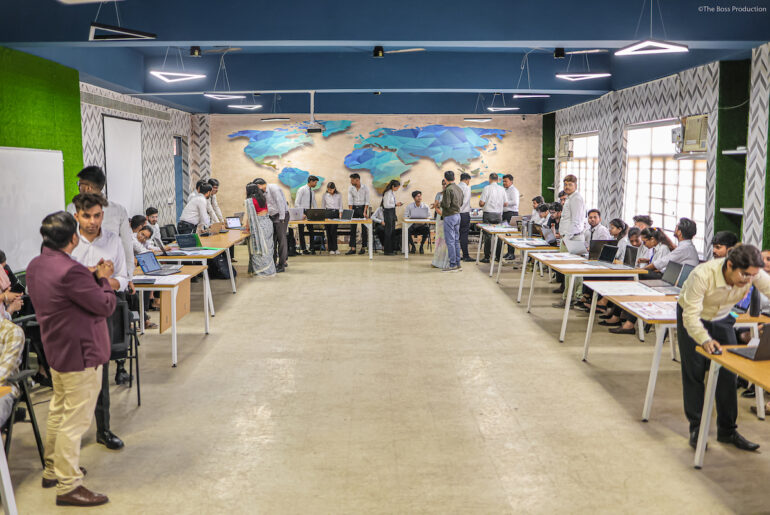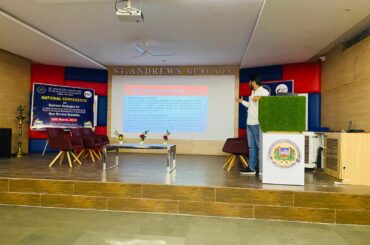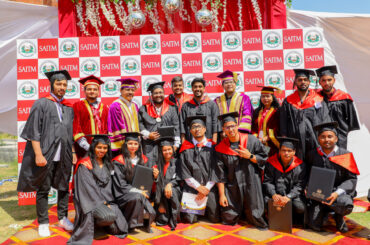BTech in Artificial Intelligence (AI)
The BTech in Artificial Intelligence (AI) is an undergraduate program that focuses on the study and application of Artificial Intelligence(AI) technologies. Pursuing a B.Tech in Artificial Intelligence aims to equip students with the necessary skills and knowledge to understand, develop, and implement intelligent systems and algorithms.
Artificial Intelligence(AI), a branch of CS, focuses on creating machines that can perform tasks that typically require human intelligence, such as learning, reasoning, problem-solving, perception, and language understanding.
Key Components of B.Tech in Artificial Intelligence
Core Curriculum
Foundations of Artificial Intelligence(AI)
The core curriculum of an artificial intelligence course includes an introduction to AI concepts, history, and ethical considerations.
Mathematics and Statistics
Essential for understanding algorithms and Data evaluation inArtificial Intelligence (AI), including linear algebra, calculus, probability, and statistics.
Machine Learning
The study of algorithms and techniques that enable machines to learn from data and make predictions or decisions.
Natural Language Processing (NLP)
Techniques for understanding and processing human language, used in applications like speech recognition and language translation.
Computer Vision
Methods for processing and analyzing visual information, such as image recognition and object detection.
Robotics: Integration of Artificial Intelligence(AI) techniques in designing autonomous robots and systems.
Practical Application
Laboratories and Projects
Hands-on experience with Artificial Intelligence(AI) tools, frameworks, and Coding languages to implement AI algorithms and systems.
Capstone Projects
Opportunities for students to work on real-world Artificial Intelligence(AI) applications, solving complex problems and gaining practical skills.
Advanced Topics
Deep Learning
Advanced machine learning techniques using neural networks for tasks like image and speech recognition.
AI Ethics
Study of ethical considerations and societal impacts of Artificial Intelligence(AI) technologies.
AI Applications
Exploration of Artificial Intelligence(AI) in various domains such as healthcare, finance, autonomous vehicles, and smart cities.
Some of the most opted courses in India and St. Andrews college or different Engineering college or Management colleges are as follows:-
- Btech
- Btech CSE
- Btech ETCE
- MTech
- BCA
- BBA
- MBA
- MCA
- DPharma – St. Andrews College of Pharmacy
- BPharma – St. Andrews College of Pharmacy
- BArch – St. Andrews College of Architecture
Importance of computer science in Artificial Intelligence (AI)

CS plays a crucial role in the field of Artificial Intelligence (AI) by providing the foundational principles, algorithms, and methodologies that enable the development and advancement of Artificial Intelligence(AI) technologies.
Here’s an overview of the importance of CS in AI:
Algorithm Development
CS provides the framework for designing algorithms that form the backbone of Artificial Intelligence(AI )systems. Algorithms in AI enable machines to learn from data, make decisions, recognize patterns, and perform tasks that traditionally require human intelligence.
Computational Theory
Concepts from computational theory, such as complexity theory and computability, help Artificial Intelligence(AI) researchers understand the limits and capabilities of AI systems. This theoretical knowledge guides the development of efficient algorithms and computational models.
Data Structures
Efficient data structures are essential for organizing and manipulating large volumes of data in Artificial Intelligence(AI) applications. CS provides techniques for optimizing data storage, retrieval, and processing, which are critical in machine learning and data-driven AI.
Machine Learning
A subfield of Artificial Intelligence(AI), machine learning relies heavily on statistical techniques, optimization methods, and probabilistic models—all of which are rooted in CS principles. Machine learning algorithms enable AI systems to improve their performance over time through experience (learning).
Natural Language Processing (NLP)
NLP, which involves understanding and generating human language, leverages techniques from CS such as text processing, parsing, and semantic analysis. These techniques enable Artificial Intelligence(AI) applications like speech recognition, language translation, and chatbots.
Computer Vision
CS provides the tools and algorithms necessary for analyzing and interpreting visual data. Computer vision algorithms enable Artificial Intelligence(AI) systems to understand and interpret images and videos, enabling applications like facial recognition, object detection, and autonomous driving.
AI Programming Languages and Tools
Computer scientists develop specialized Coding languages (e.g., Python, R) and frameworks (e.g., TensorFlow, PyTorch) tailored for Artificial Intelligence(AI) development. These languages and tools simplify the implementation of AI algorithms and facilitate rapid prototyping and experimentation.
Ethical and Social Implications
CS researchers contribute to understanding the ethical and societal implications of Artificial Intelligence(AI) technologies. They address issues such as bias in AI algorithms, privacy concerns, accountability, and the impact of AI on jobs and society.
Integration with Other Disciplines
Artificial Intelligence(AI) intersects with various disciplines such as neuroscience, cognitive science, linguistics, and psychology. CS provides the computational foundation for integrating insights from these fields into AI research and applications.
Admission Process for B.Tech in Artificial Intelligence(AI)

Bachelor of Technology (BTech) programs specializing in Artificial Intelligence (AI) are emerging in several institutions globally, each with specific artificial intelligence Eligibility requirements and entrance examinations .
Artificial Intelligence Eligibility Criteria
Educational Qualifications
Candidates are generally required to have completed their higher secondary education (10+2) from a recognized board or institution.
A background in science stream with Physics, Chemistry, and Mathematics (PCM) is often required. Some universities may also consider CS as a substitute for Mathematics.
Minimum Marks Requirement
Minimum aggregate marks requirement in PCM subjects usually ranges from 50% to 75%, depending on the institution and category (General, SC/ST, OBC, etc.).
Age Limit
There is usually no specific upper age limit for admission, but this can vary by institution.
Entrance Exams
Admission to B.Tech in Artificial Intelligence(AI) programs often requires candidates to appear for national or state-level entrance examinations. Some institutions may also conduct their own entrance examinations.
Common entrance examinations in India include
JEE Main (Joint Entrance Examination Main)
Conducted by the National Testing Agency (NTA) for admission to NITs, IIITs, and other centrally funded technical institutions.
BITSAT (Birla Institute of Technology and Science Admission Test)
Conducted for admission to undergraduate programs at BITS Pilani campuses.
State Entrance Examinations (e.g., MHT CET, KCET, AP EAMCET, etc.)
Conducted by state authorities for admission to state-level engineering colleges.
University-specific Entrance Exams
Some universities conduct their own entrance examinations, such as VIT Engineering Entrance Exam (VITEEE), etc.
Selection Process
After clearing the entrance exam, candidates may need to undergo further rounds such as counseling and seat allocation based on their exam ranks.
Some institutions may also consider performance in Class 12 board exams or have specific criteria for admission.
Entrance Exams for BTech in AI

JEE Main (Joint Entrance Examination Main)
Conducted by the National Testing Agency (NTA), JEE Main is a national-level exam for admission to NITs, IIITs, and other centrally funded technical institutions.
The exam consists of two papers: Paper 1 (for BTech/BE courses) and Paper 2 (for BArch/BPlanning courses).
BITSAT (Birla Institute of Technology and Science Admission Test)
Conducted by BITS Pilani, BITSAT is an online entrance exam for admission to integrated first-degree programs at BITS Pilani campuses in Pilani, Goa, and Hyderabad.
State Entrance Exams
Each state in India conducts its own entrance exam for admission to engineering colleges within the state. Examples include MHT CET (Maharashtra), KCET (Karnataka), AP EAMCET (Andhra Pradesh), etc.
University-specific Entrance Exams
Some universities conduct their own entrance examinations for admission to BTech programs. These exams may include VITEEE (VIT Engineering Entrance Exam), etc.
BTech in Artificial Intelligence Syllabus
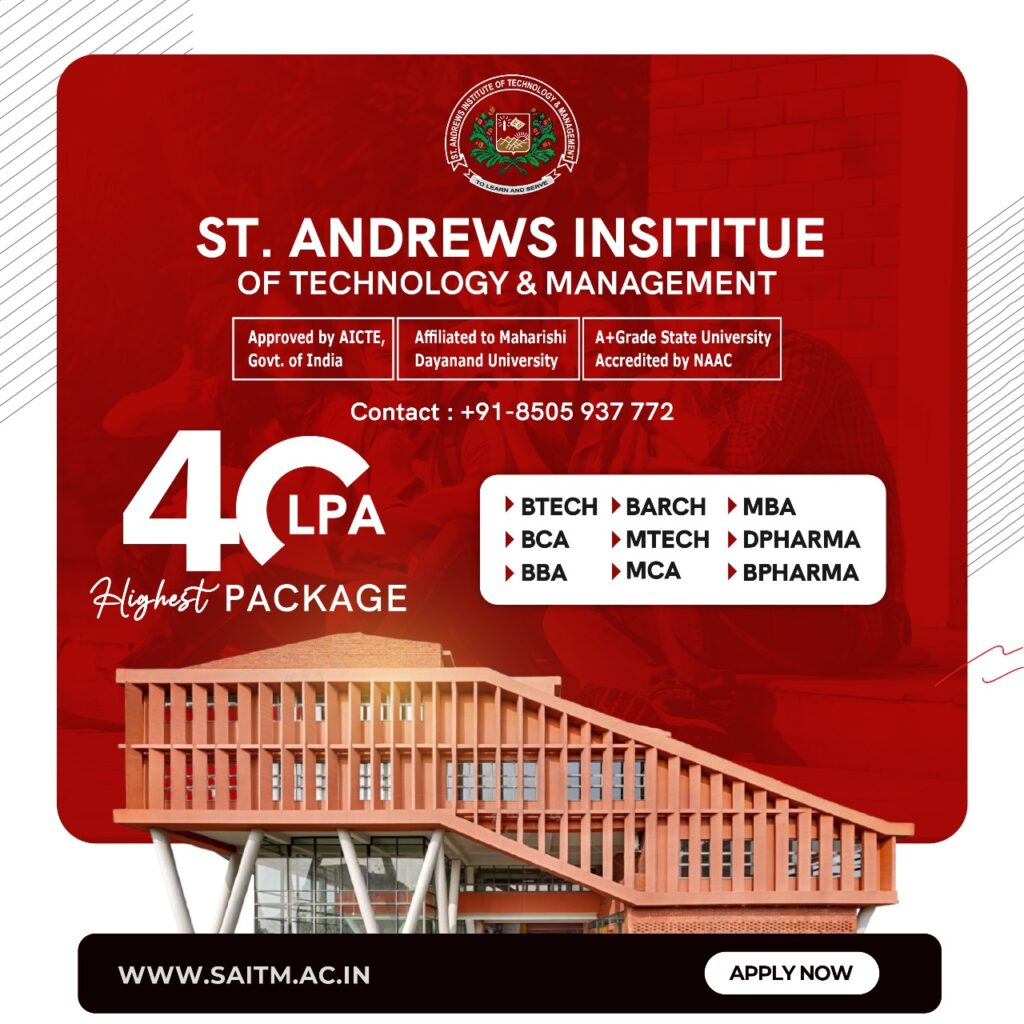
The BTech in Artificial Intelligence (AI) program typically spans eight semesters over four years, focusing on a blend of computer science fundamentals and specialized AI techniques.
Here’s a concise semester-wise breakdown of typical subjects studied in this program:
Semester 1
- Mathematics I – Calculus and linear algebra foundational to AI.
- Physics/Chemistry – Basic sciences relevant to computing.
- Programming Fundamentals – Introduction to programming languages like Python or Java.
- English Communication – Basics of effective communication.
- Engineering Graphics – Introduction to technical drawing and design.
Semester 2
- Mathematics II – Advanced mathematics, often including probability and statistics.
- Data Structures – Organizing, managing, and storing data efficiently.
- Computer Organization and Architecture – Study of computer system design, architecture, and organization.
- Environmental Science – Study of environmental impact and sustainability.
- Object-Oriented Programming – In-depth learning of OOP concepts.
Semester 3
- Discrete Mathematics – Mathematical theories for computer science applications.
- Algorithms – Design and analysis of algorithms.
- Operating Systems – Detailed study of OS functions and management.
- Digital Logic Design – Designing digital electronic circuits.
- AI and Machine Learning I – Introduction to AI principles and machine learning basics.
Semester 4
- Mathematics III – Often includes topics like complex variables or partial differential equations.
- Database Management Systems – Design, implementation, and management of databases.
- Computer Networks – Basics of data communication and networking.
- Software Engineering – Software development life cycle and methodologies.
- AI and Machine Learning II – Advanced machine learning techniques and their applications.
Semester 5
- Natural Language Processing – Techniques for processing human languages.
- Robotics – Fundamentals of robotics technology.
- Big Data Analytics – Techniques and tools for analyzing large data sets.
- AI Ethics and Law – Ethical considerations and legal aspects of AI.
- Elective I – Specialized topics according to student interest.
Semester 6
- Deep Learning – Techniques and applications of deep neural networks.
- Computer Vision – Techniques for interpreting visual information from the world.
- Cloud Computing – Understanding of cloud services and architecture.
- Internet of Things (IoT) – Network of interconnected devices.
- Elective II – Further specialized topics.
Semester 7
- Reinforcement Learning – Algorithms that learn policies based on feedback from the environment.
- AI in Healthcare – Application of AI techniques in healthcare technology.
- Project Work I – Initial phase of a comprehensive AI project.
- Internship/Industrial Training – Practical exposure in industry settings.
- Elective III – Advanced topics in AI or related fields.
Semester 8
- AI for Cyber Security – Using AI to enhance cybersecurity measures.
- Ethical Hacking – Techniques and tools for security testing.
- Project Work II – Completion and presentation of AI project.
- Elective IV – Additional advanced topics or research areas.
Each university may have variations in the exact titles and coverage of subjects, and elective offerings can widely vary, allowing students to specialize in areas of particular interest such as healthcare AI, financial technology, or advanced robotics.
Top Government Colleges for B Tech Artificial Intelligence
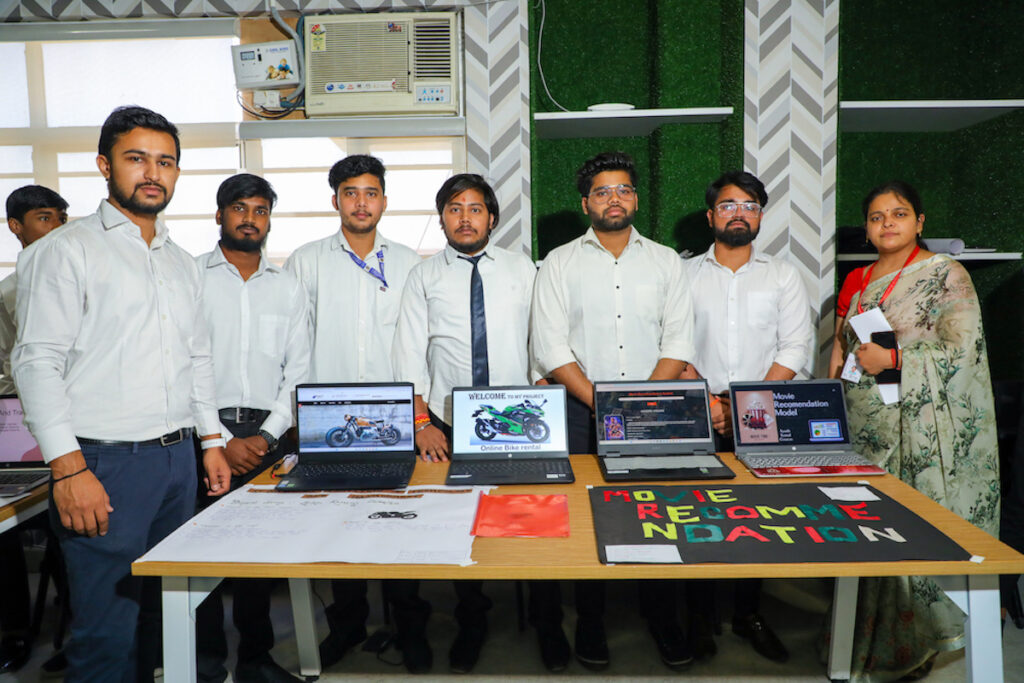
When considering B Tech Artificial Intelligence colleges, it’s important to look at cut-off scores and the availability of Artificial Intelligence courses in private institutes in India.
Here are some of the top government colleges known for their focus on AI-related education and research:
Indian Institutes of Technology (IITs)
IIT Hyderabad
Programs
Offers BTech in CS and Engineering with specializations in AI and Machine Learning.
Research
Strong focus on AI research through various centers and labs.
IIT Jodhpur
Programs
Offers BTech in CS and Engineering with AI-related courses and research opportunities.
Initiatives
Active participation in AI and ML research projects.
St. Andrews Institute Of Technology and Management (SAITM), Gurgaon
Programs
Offers BTech in CSE-AI/ML.
Industry Collaboration
Strong ties with industry for internships and placements in AI-related fields.
National Institutes of Technology (NITs)
NIT Warangal
Programs
Offers BTech in CS and Engineering with elective courses in AI and Machine Learning.
Faculty
Experienced faculty involved in AI research and education.
NIT Surathkal
Programs
Offers BTech in CS and Engineering with courses in AI and related fields.
Facilities
Well-equipped labs and research facilities for AI studies.
Indian Institutes of Information Technology (IIITs)
IIIT Hyderabad
Programs
Offers BTech in CS and Engineering with specialization options including AI and ML.
Research
Internationally recognized for AI research and development.
IIIT Delhi
Programs
Offers BTech in CS and Engineering with focus areas in AI and related technologies.
Initiatives
Active involvement in AI projects and collaborations.
Other Government Institutes
Delhi Technological University (DTU), Delhi
Programs
Offers BTech in Computer Engineering with AI courses and electives.
Industry Collaboration
Strong ties with industry for internships and placements in AI-related fields.
Jadavpur University, Kolkata
Programs
Offers BTech in CS and Engineering with AI specialization options.
Research
Engaged in AI research initiatives and projects.
Top Private Artificial Intelligence Colleges for BTech

As of now, several private colleges in India are emerging as leaders in offering specialized Bachelor of Technology (BTech) programs in Artificial Intelligence (AI). These institutions are known for their strong academic programs, industry collaborations, and focus on cutting-edge technologies.
Here are some of the top private colleges for BTech in AI in India:
St. Andrews Institute of Technology and Management (SAITM), Gurgaon
Programs
Offers BTech in CSE AI/ML (Computer Science Engineering in Artificial Intelligence and Machine Learning).
Faculty
Experienced faculty and industry experts in AI and related fields.
Research
Active AI research groups and labs.
Fee Structure of Btech Artificial Intelligence (AI) in Top Universities

Here is the fee structure for B.Tech in Artificial Intelligence (AI) at some of the top universities in India:
Indian Institute of Technology (IIT) Hyderabad
- Tuition Fee: ₹2,25,000 per semester
- Total Program Fee: Approximately ₹9,00,000 – ₹10,00,000
Indian Institute of Information Technology (IIIT) Allahabad
- Tuition Fee: ₹90,000 per semester
- Total Program Fee: Approximately ₹7,20,000
St. Andrews Institute Of Technology and Management , Gurgaon
- Tuition Fee: ₹98,500 per annum
- Total Program Fee: Approximately ₹3,94,000
Vellore Institute of Technology (VIT), Vellore
- Tuition Fee: ₹1,98,000 per annum
- Total Program Fee: Approximately ₹7,92,000
Birla Institute of Technology and Science (BITS) Pilani
- Tuition Fee: ₹2,50,000 per semester
- Total Program Fee: Approximately ₹20,00,000
These fees are approximate and can vary slightly depending on additional costs like hostel, exam fees, and other miscellaneous charges. For exact and up-to-date information, it is advisable to visit the official websites of these universities.
Career Scope and Job Profiles in AI
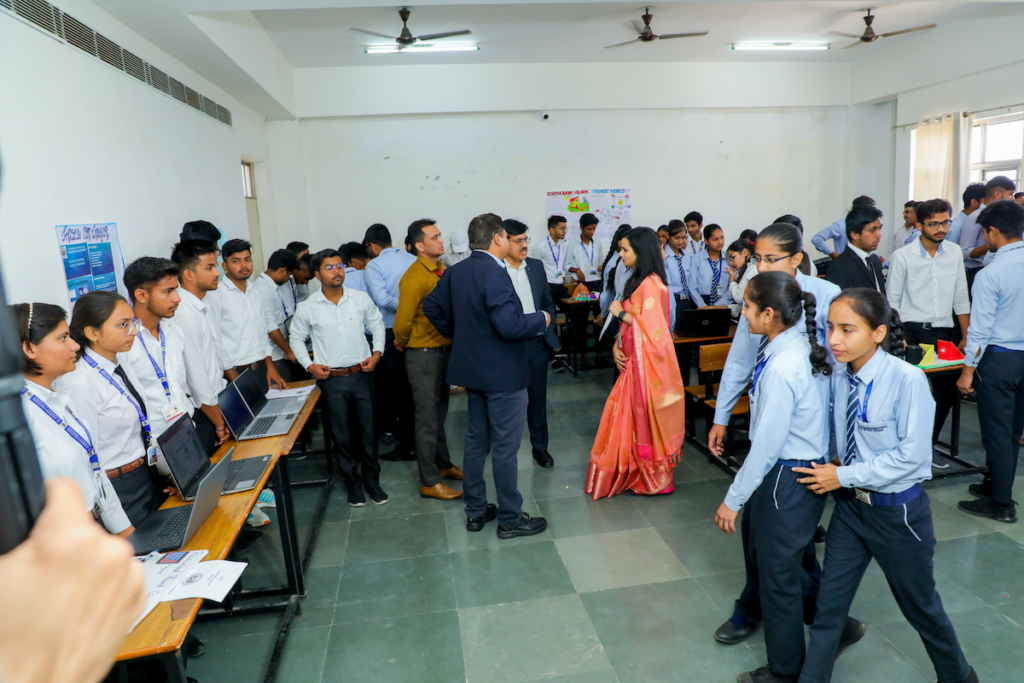
The field of Artificial Intelligence (AI) offers a wide range of career opportunities and job profiles due to its expanding applications across various industries. As AI continues to revolutionize technology and business processes, professionals skilled in AI and related technologies are in high demand and with a Promising future.
Here is a detailed explanation of the Popular career paths and job profiles in AI:
Career Scope in AI
Industry Demand
AI technologies are being integrated into sectors like healthcare, finance, automotive, retail, and more.
Companies are leveraging AI for automation, Data evaluation, customer service, and predictive maintenance.
Research and Development
Continuous advancements in AI require ongoing research, creating opportunities in academic and industrial research.
Innovations in AI algorithms, machine learning techniques, and AI applications are key research areas.
Startups and Entrepreneurship
AI-driven startups are emerging in various fields, offering innovative solutions and services.
Opportunities exist for entrepreneurs to develop AI-based products and services.
Government and Public Sector
Governments are adopting AI for public safety, healthcare, smart cities, and governance.
AI professionals can contribute to policy-making, implementation, and analysis of AI projects.
Consulting and Advisory Roles
AI consultants help organizations implement AI strategies and solutions.
Advisory roles involve guiding businesses on AI adoption, ethical considerations, and regulatory compliance.
Job Profiles in Artificial Intelligence (AI)
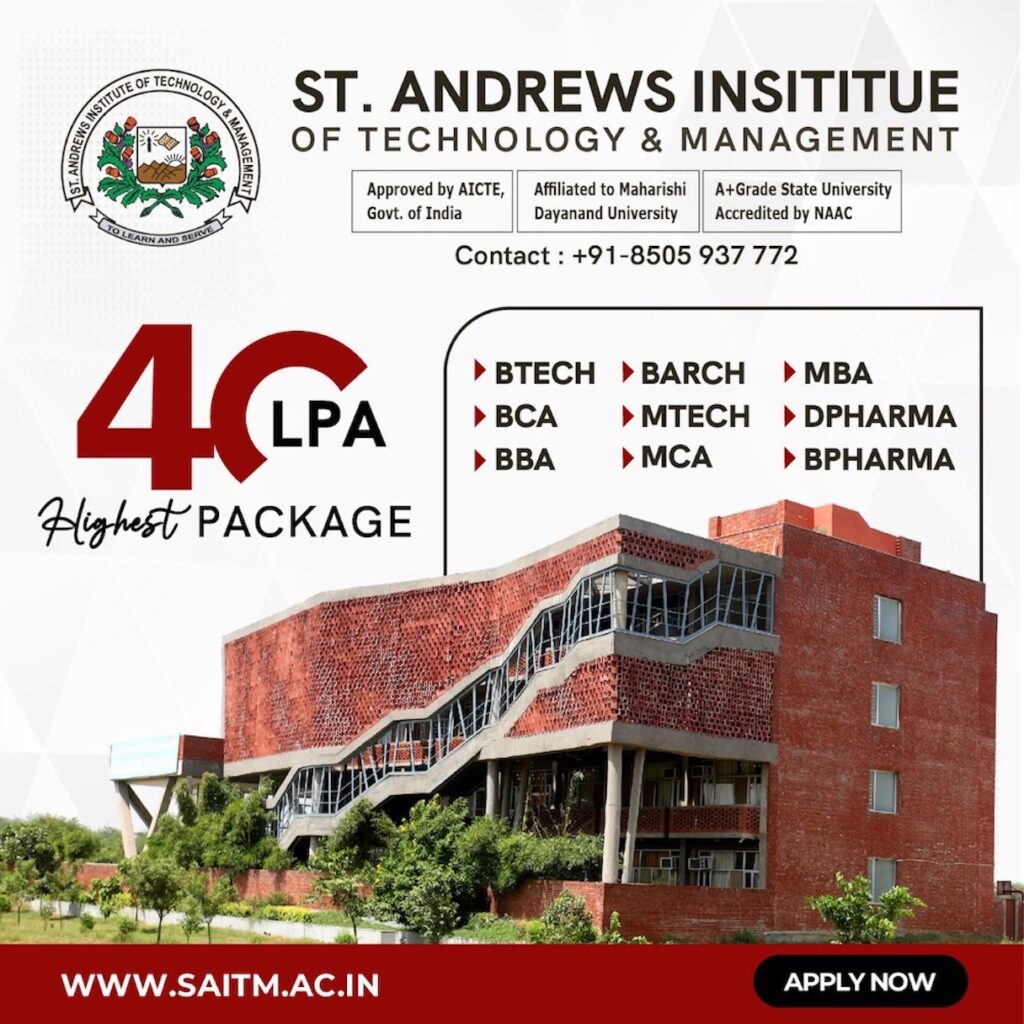
Machine Learning Engineer
Develops and implements machine learning models and algorithms.
Works with large datasets to train and optimize models.
Requires knowledge of Coding languages like Python, R, and frameworks like TensorFlow, PyTorch.
Data Scientist
Data ScientistsAnalyzes complex data to derive actionable insights.
Utilizes statistical techniques, machine learning, and data visualization tools.
Works on data preprocessing, model building, and result interpretation.
AI Research Scientist
Conducts research to advance AI technologies and applications.
Publishes papers, collaborates with academic institutions, and participates in conferences.
Focuses on areas like NLP, computer vision, and deep learning.
AI Software Developer
Develops software applications incorporating AI functionalities.
Works on integrating AI models into software products.
Collaborates with cross-functional teams to design and implement AI-based features.
Robotics Engineer
Designs and develops intelligent robotic systems.
Implements AI algorithms for robotics applications like automation, navigation, and object recognition.
Requires knowledge of robotics hardware, sensors, and actuators.
NLP Engineer
Specializes in natural language processing (NLP) to develop language-based AI applications.
Works on text analysis, sentiment analysis, language translation, and chatbots.
Utilizes NLP libraries and frameworks like NLTK, spaCy, and Hugging Face.
Computer Vision Engineer
Develops computer vision algorithms for image and video analysis.
Works on applications like facial recognition, object detection, and autonomous vehicles.
Uses tools and frameworks like OpenCV, TensorFlow, and Keras.
AI Product Manager
Manages the development and deployment of AI-based products.
Bridges the gap between technical teams and business stakeholders.
Ensures the product meets market needs and aligns with business goals.
AI Consultant
Provides expert advice on AI strategy, implementation, and optimization.
Works with clients to identify AI opportunities and challenges.
Recommends AI solutions to improve business processes and outcomes.
AI Ethicist
Focuses on the ethical implications of AI technologies.
Develops guidelines and frameworks for responsible AI usage.
Addresses issues like bias, fairness, transparency, and accountability in AI systems.
Skills Required for BTech AI
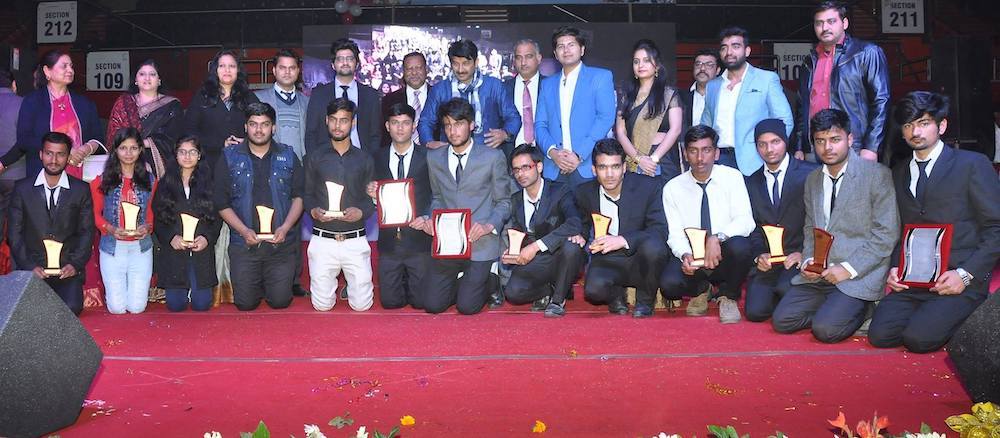
Pursuing a BTech in Artificial Intelligence (AI) requires a combination of technical skills, analytical abilities, and a strong foundation in mathematics and computer science. Here are the key skills necessary for a BTech in AI:
Technical Skills
Programming Languages
Proficiency in Coding languages such as Python, Java, C++, and R.
Ability to write efficient and optimized code.
Mathematics
Strong understanding of linear algebra, calculus, probability, and statistics.
Knowledge of discrete mathematics and mathematical reasoning.
Algorithms and Data Structures
Knowledge of fundamental algorithms (searching, sorting, optimization) and data structures (arrays, linked lists, trees, graphs).
Understanding of algorithmic complexity and computational efficiency.
Machine Learning
Familiarity with machine learning algorithms and techniques, including supervised and unsupervised learning, reinforcement learning, and deep learning.
Experience with machine learning libraries and frameworks like TensorFlow, Keras, PyTorch, and Scikit-learn.
Data Analysis
Ability to preprocess, analyze, and visualize large datasets.
Skills in using Data evaluation tools and software like Pandas, NumPy, and Matplotlib.
Artificial Intelligence
Understanding of AI concepts, including neural networks, natural language processing, computer vision, and robotics.
Experience with AI development environments and tools.
Database Management
Knowledge of database systems and SQL.
Ability to design and manage databases for storing and retrieving data efficiently.
Software Development
Understanding of software development life cycle (SDLC) and methodologies like Agile and DevOps.
Experience with version control systems like Git.
Analytical and Problem-Solving Skills
Critical Thinking
Ability to analyze complex problems and identify effective solutions.
Logical reasoning and decision-making skills.
Analytical Skills
Capability to interpret data and extract meaningful insights.
Proficiency in statistical analysis and hypothesis testing.
Problem-Solving
Aptitude for breaking down problems into manageable components.
Creative thinking to develop innovative solutions.
Interpersonal and Soft Skills
Communication Skills
Strong written and verbal Interpersonal skills to articulate ideas and concepts effectively.
Ability to collaborate with multidisciplinary teams.
Teamwork
Experience working in teams and contributing to collective goals.
Ability to work in diverse environments and manage interpersonal dynamics.
Time Management
Efficiently managing time and prioritizing tasks to meet deadlines.
Balancing academic workload with practical projects and assignments.
FAQ’s
What is BTech in Artificial Intelligence?
BTech in Artificial Intelligence is a four-year undergraduate program focused on the study and development of intelligent machines and software. The curriculum covers subjects like machine learning, deep learning, natural language processing, robotics, and data analytics. Students gain expertise in programming languages, algorithms, and AI frameworks. The program prepares graduates for careers in AI research, software development, data science, and related fields, equipping them with the skills to create advanced AI applications and systems.
Is BTech in Artificial Intelligence worth it?
Yes, a BTech in Artificial Intelligence is worth it due to the growing demand for AI professionals across various industries. This program offers in-depth knowledge and practical skills in AI technologies, machine learning, and data analysis, preparing graduates for lucrative careers in tech companies, research organizations, and startups. With AI driving innovation in fields like healthcare, finance, and robotics, a BTech in AI provides excellent career prospects and opportunities for significant contributions to technological advancements.
Is AI need JEE exam?
Yes, admission to BTech programs in Artificial Intelligence at most top engineering colleges in India, including IITs and NITs, typically requires candidates to clear the Joint Entrance Examination (JEE). The JEE Main exam is the first step, followed by the JEE Advanced for admission into IITs. Some private and state universities may have their own entrance examinations or consider other national-level exams, but the JEE is the most common and widely accepted entrance test for AI and other engineering programs.
What is the difference between BTech CSE and BTech Artificial Intelligence?
BTech in Computer Science Engineering (CSE) covers a broad range of topics including algorithms, programming, databases, networking, and software development. BTech in Artificial Intelligence (AI) is a specialized program focusing on AI technologies such as machine learning, deep learning, natural language processing, and robotics. While CSE provides a comprehensive foundation in computer science principles, BTech in AI delves deeper into AI-specific techniques and applications, preparing students for careers specifically in AI-driven fields.
What are the eligibility criteria for BTech in AI?
Eligibility criteria typically include completing 10+2 with Physics, Chemistry, and Mathematics as core subjects. Admission usually requires passing entrance examinations like JEE Main, JEE Advanced, or other university-specific tests.
What are the key subjects covered in BTech in AI?
The program covers subjects such as machine learning, deep learning, natural language processing, robotics, data analytics, algorithms, and programming languages like Python and R.
What career opportunities are available after completing BTech in AI?
Graduates can pursue careers in AI research, data science, machine learning engineering, robotics engineering, software development, and roles in tech companies, research organizations, and startups.
What are the top colleges offering BTech in AI in India?
Top AI colleges include IIT Hyderabad, IIIT Hyderabad, VIT Vellore, and St. Andrews Institute of Technology and Management, among others..
How does BTech in AI differ from BTech in Computer Science Engineering (CSE)?
While BTech in CSE covers a broad range of computer science topics, BTech in AI focuses specifically on AI technologies, including machine learning, deep learning, and AI applications, providing a more specialized education in this field.
What is the scope of AI in the future job market?
The scope of AI is vast, with increasing demand in sectors like healthcare, finance, automotive, retail, and more. AI professionals are essential for developing innovative solutions and advancing technology.
What skills are required for a successful career in AI?
Key skills include proficiency in programming languages (Python, Java), strong foundation in mathematics (calculus, linear algebra, statistics), knowledge of machine learning algorithms, data analysis, and problem-solving abilities.
Is there any internship or practical experience included in the BTech AI program?
Yes, most B. Tech AI programs include internships, lab work, and project-based learning to provide practical experience and industry exposure.
Business intelligence developer

